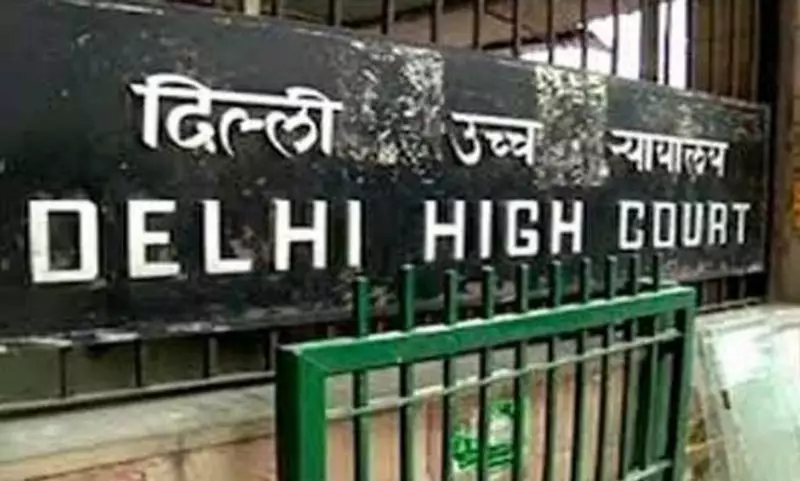
The Delhi High Court has delivered a strong message against misrepresentation in disability claims by imposing a hefty fine of ₹15,000 on a woman Indian Air Force officer. The officer faced judicial scrutiny for allegedly concealing crucial facts about her employment status while pursuing disability benefits.
Concealment of Employment Status Exposed
During court proceedings, it emerged that the petitioner had failed to disclose her current employment with the Union Bank of India while simultaneously seeking disability pension benefits. This critical omission formed the basis of the court's decision to penalize what it viewed as an attempt to misuse the system.
Court's Stern Response to Factual Inconsistencies
Justice Subramonium Prasad, while hearing the case, expressed strong disapproval of the officer's conduct. The court noted significant discrepancies between the officer's claims and documented evidence, particularly regarding her employment timeline and disability compensation requests.
Background of the Disability Claim
The case originated from the officer's petition challenging the denial of her disability pension. She had contended that her medical condition warranted compensation, but the court found her approach lacking in transparency and factual accuracy.
Legal Precedent Set
This ruling establishes an important legal precedent regarding the obligation of complete disclosure in disability benefit cases. The court emphasized that all applicants must provide comprehensive and accurate information when seeking such benefits from government schemes.
Broader Implications for Benefit Claims
The judgment serves as a warning to all government employees and defense personnel about the consequences of withholding material information. It reinforces the principle that benefit systems rely on the honesty and transparency of applicants.
The court's decision underscores the judiciary's commitment to preventing abuse of welfare schemes while ensuring that genuine claims receive proper consideration through appropriate legal channels.





